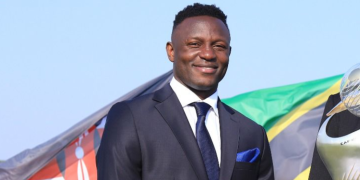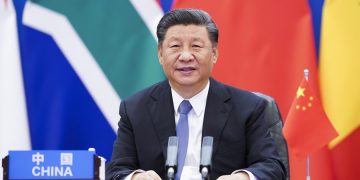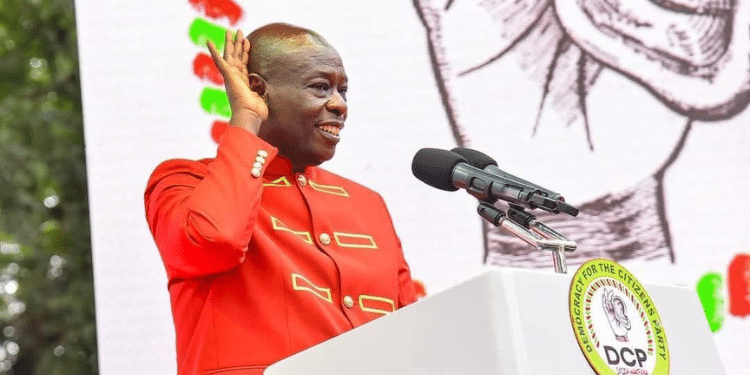Rigathi Gachagua’s newly unveiled Democracy for the Citizens Party (DCP) storms Kenya’s political stage with populist flair and promises of “grassroots transformation.” But behind the underwhelming branding and tribal fanfare lies a familiar paradox: a party that claims to unite, yet divides; that speaks of reform, yet is anchored in past politics.
As Kenyans wrestle with unemployment, debt, and disenchantment with political leadership, the birth of DCP demands a hard look: Is this a genuine people-driven movement, or just another tribal vessel for recycled ambition?
Kenya’s 2010 Constitution is clear: political parties must transcend ethnic, religious, and regional divides. Article 91(2)(a) outlaws parties based on tribal exclusivity. Political parties are meant to serve as platforms for national unity, not tribal assertion.
The DCP, however, appears designed around the politics of ethnic grievance. While its leadership includes token figures from outside Central Kenya, its message remains rooted in Mt. Kenya’s political anxieties. Gachagua’s posturing as the region’s “defender” channels a brand of ethnic exceptionalism that the Constitution explicitly rejects.
The party’s launch event in Nairobi—dominated by leaders from a single region and marred by violence—exposed the contradiction at its core. If DCP truly sought unity, it would center universal challenges like healthcare, unemployment, and economic inequality. Instead, it amplifies regional resentment, dangerously echoing Kenya’s darkest political instincts.
“Skiza Wakenya” (Listen to Kenyans) is the DCP’s chosen slogan. But the irony is deafening. As Deputy President, Gachagua presided over policies that made life harder for millions: higher taxes, runaway fuel prices, and youth unemployment soaring to 67%. Where was this supposed “listening” then?
The party’s policy agenda is a haze of vague promises— “fight corruption,” “create jobs,” “consult citizens”—with no credible policies or implementation mechanisms. Its nods to public participation lack structure and authenticity, undermining Article 1 of the Constitution, which declares that sovereignty rests with the people.
Also Read: Rigathi Gachagua Unveils His New Party DCP [Full Speech]
Accountability requires humility. Yet Gachagua, impeached and barred from public office in 2024, offers no apology or reflection on his tenure’s failures. Instead, he repackages himself as a political savior. But if he ignored Kenyans in power, why should we trust him now?
The DCP’s claim of offering a “fresh alternative” collapses on inspection. Its leadership is a lineup of political relics—the same individuals responsible for the very disillusionment they now claim to challenge. This isn’t reinvention; it’s rerun politics. It insults the intelligence of a new generation desperate for honest leadership.
Gachagua is not ushering in change; he’s rebooting a legacy of patronage and division. Can a party that recycles broken promises truly rebuild a broken nation?
The DCP’s political engine is fueled not by ideology but by vendetta. Gachagua’s feud with President William Ruto dominates its narrative, transforming the party into a vehicle of revenge rather than reform. Its vision is blurred, its alliances shaky, and its strategy myopic.
Also Read: Ngunjiri Wambugu Blasts Gachagua After Dumping Him
Rival camps hesitate to associate with a party perceived as ethnically exclusive and ideologically shallow. Unity cannot be built on bitterness, and Kenyans know this.
Most revealing is the DCP’s silence on Kenya’s most urgent issues: economic reform, constitutional implementation, climate resilience, public debt, healthcare, and justice reform. Instead, the party obsesses over Mt. Kenya’s political supremacy—an agenda that flies in the face of the Constitution’s call for inclusive, issue-based governance (Article 259).
So, who does the DCP truly serve? Is it the struggling mama mboga in Kisumu? The boda boda rider in Eldoret? The young jobseeker in Mombasa? Or just a narrow elite seeking to repackage tribal loyalty as transformation?
Let’s not be fooled: The DCP is not a revolution—it’s a rerun. Its tribal tone, violent launch, and recycled leadership mirror the dysfunction it claims to oppose. Gachagua’s pivot from Deputy President to opposition messiah is not a transformation—it’s a tactic.
We’ve seen this script before: personal ambition wrapped in populist slogans, tribal mobilization masquerading as grassroots democracy. But Kenya can no longer afford another chapter of empty promises and ethnic brinkmanship. It’s time to stop listening to the noise and start demanding substance.
Fredrick Okango is a political strategist, commentator, and expert in leadership and governance
Follow our WhatsApp Channel and X Account for real-time news updates.

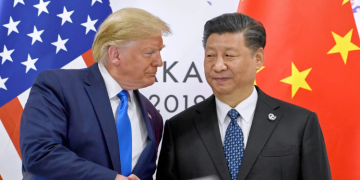

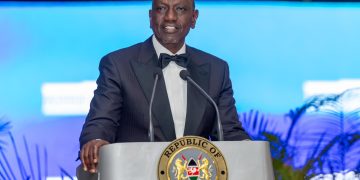
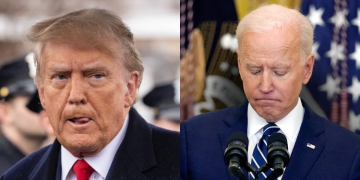
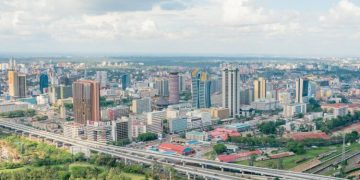

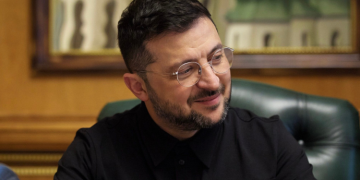








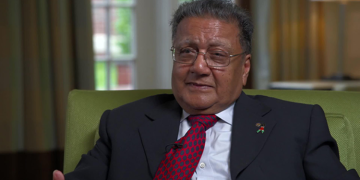
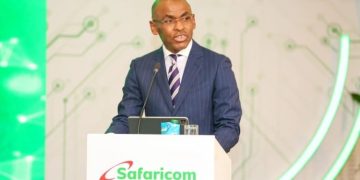


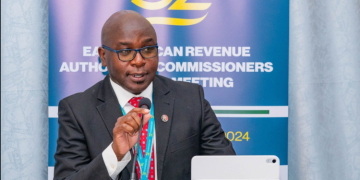
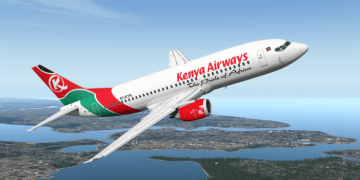







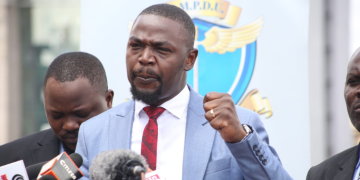

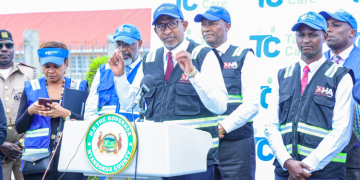









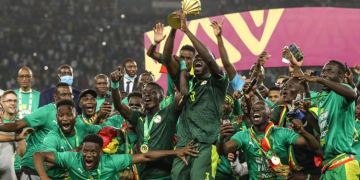
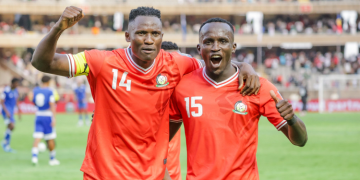
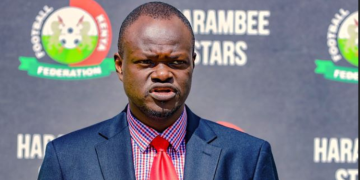
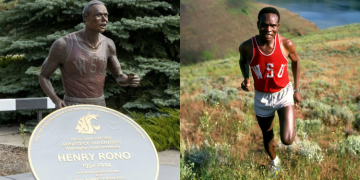

![Odemba Names Provisional Harambee Starlets Squad For 2026 Wafcon Qualifiers [Full Squad] Odemba Names Harambee Starlets Squad For 2026 Wafcon Qualifiers](https://thekenyatimescdn-ese7d3e7ghdnbfa9.z01.azurefd.net/prodimages/uploads/2025/10/odemba-2025-360x180.png)

